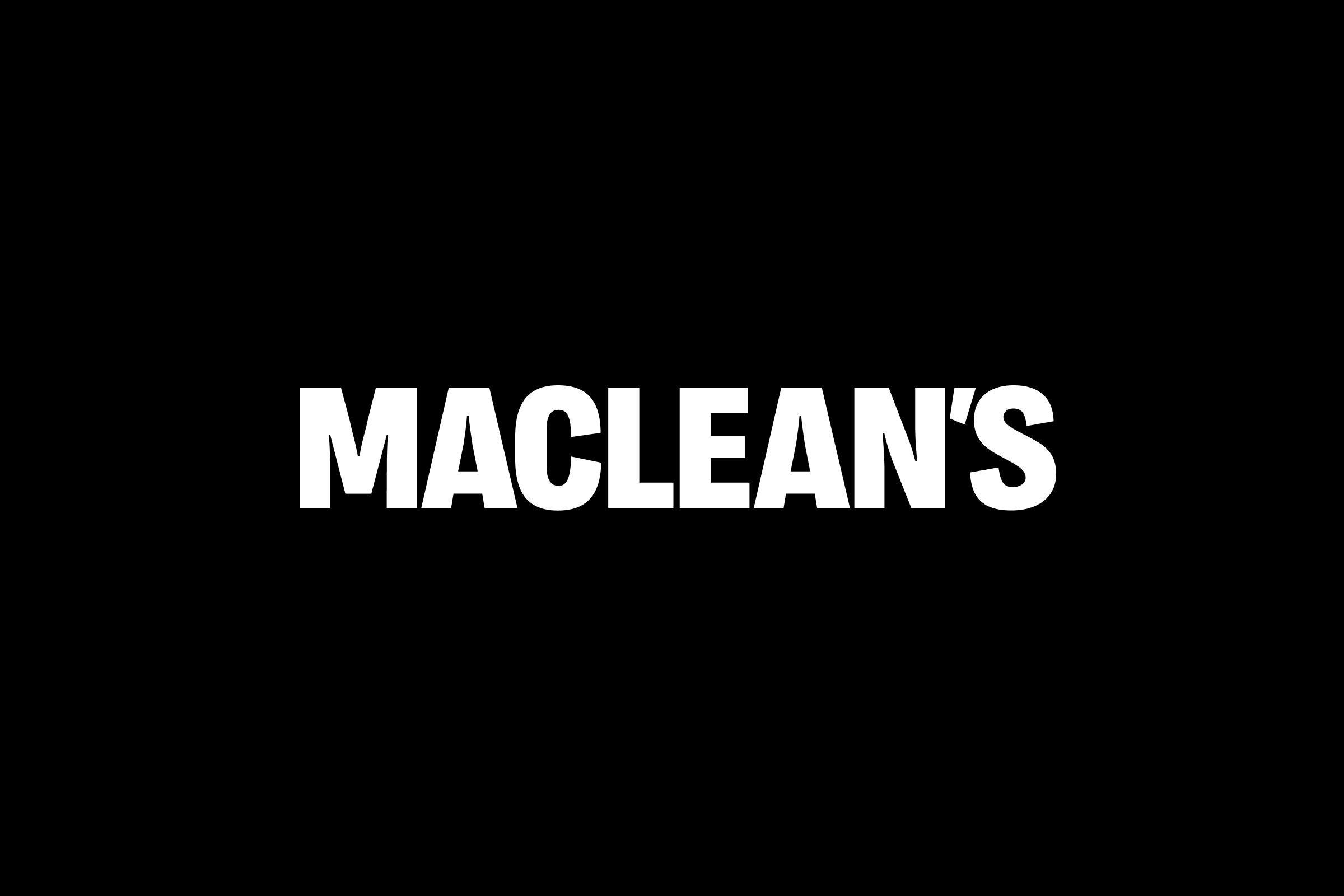Reality
TIFF 2012: Our Italian on staff reviews Matteo Garrone’s ‘Reality’
Hint: It’s not about reality TV. It’s about Italy
The Impossible Dream of Teaching
Great students are great. And I am grateful for them. But they are not enough to make it all worthwhile.
Did THE BACHELORETTE End Satisfyingly Or Not?
I wasn’t fully following The Bachelorette despite the Canadian Content (in the moderately pleasing but not very interesting form of Albertan Jillian Harris), so I honestly am not sure whether the ending of the season was satisfying or not. It was certainly a dramatic, twisty episode, to the point that folks are once again wondering how much of these shows’ stories are created by the producers. Probably quite a bit, but it doesn’t require out-and-out rigging, just careful and selective editing and re-structuring of the timeline, plus properly timing the big events like the “surprise” return of Reid to the show. Plus the contestants, who presumably care more about making a good impression on the show than whatever happens after (they don’t have to marry, after all), want to do whatever will raise their profile and make for good TV. But I don’t really know whether the selection of Ed, the workaholic, counts as a culturally-fulfilling ending or an anger-making ending. Both types of endings work in their own way — that is, reality shows can make you happy about who won, or angry about who won, and both are equally good; the only type of ending that fails is the one that leaves you indifferent. But while my impression from comments online is that Ed is generally considered a work-obsessed, self-absorbed loser, that might actually be a satisfying ending at this particular cultural moment — no more artists or cool guys or snowboarding instructors. In hard times, practicality is what’s called for.
Weekend Viewing: “Real Families”
I didn’t have time to seek out something to embed this weekend, so in honour(?) of Jerry Seinfeld’s “The Marriage Ref,” here again is the famous 1980 WKRP episode about a network reality show where the hosts make fun of ordinary people with imperfect marriages. Replace Peter Marshall with Jerry Seinfeld and you’ve got the future of NBC. Incidentally, it seems like in the late ’70s and early ’80s there was a lot of worrying, in popular culture, about reality television and its inherent cruelty. Albert Brooks’s Real Life, which undoubtedly influenced this and a number of other TV episodes, and Stephen King’s “The Running Man,” which was published in 1982. So reality-bashing isn’t exactly new.
Lou Dobbs Has a New Favourite Show
It’s like Cops except they’re beating up more foreigners!

